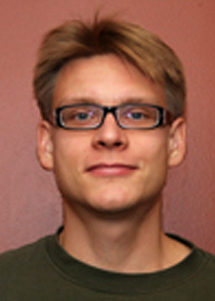Wallenberg Academy Fellows 2012
Social science
PhD Mikko Myrskylä
Stockholm University
 Mikko Myrskylä wants to tease out the consequences of economic and social changes on people’s decisions to have children, and how those decisions might shift populations in developed countries.
Mikko Myrskylä wants to tease out the consequences of economic and social changes on people’s decisions to have children, and how those decisions might shift populations in developed countries.
As countries get wealthier, they experience a drop in birth rates, but how universal is that relationship?
Some places, like Japan, have continued to slip below what is thought of as the so-called replacement rate of about two children per couple. That prompts worries over an aging population and “empty cradles”. But some countries, like Sweden, have bounced back almost to the replacement rate.
This reversal intrigues Mikko Myrskylä at the Max Planck Institute for Demographic Research in Rostock, Germany. He wants to examine how socioeconomic status intertwines with childbearing decisions and parental happiness. For example, past work hints that countries where women can continue their careers while having kids and where men take a greater role in childrearing, may bounce back faster.
Myrskylä also wants to find factors that influence parents’ happiness and children’s health. For example, the children of older parents tend to have more health problems as adults, like obesity. But older parents may have more resources, like education and financial stability, to offset any potential health issues of their children.
As a Wallenberg Academy Fellow, Myrskylä is offered to transfer to Stockholm University.